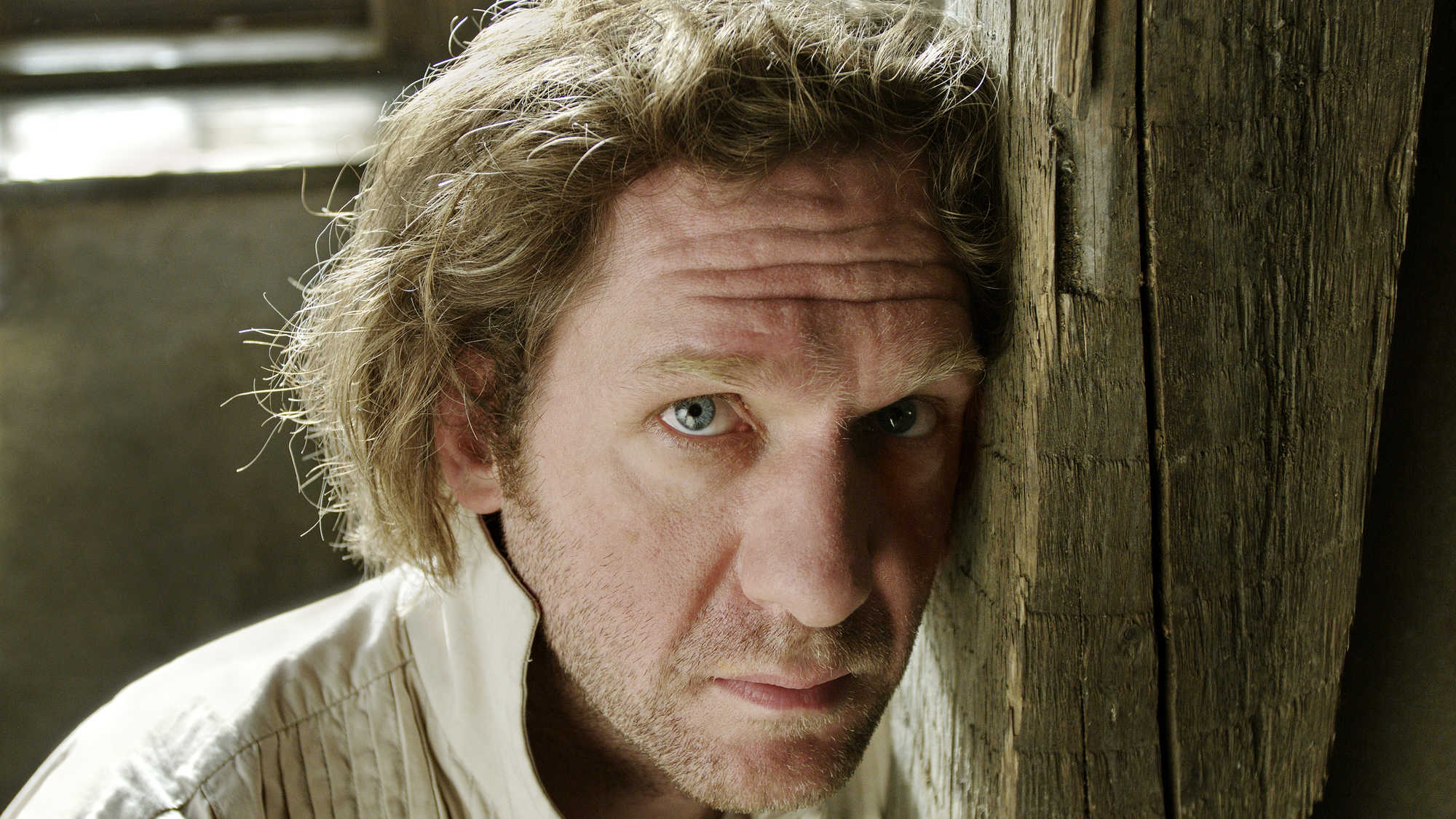Russia’s master of art cinema Aleksandr Sokurov (Russian Ark, Mother and Son) won the top prize at Venice for this phantasmagoric vision of the German legend. “A rude, lewd take on a classic, and irresistible.” — Financial Times

A dense, provocative reading of the Faust legend set in a magically morphed world… Awe-inspiring.
Screened as part of NZIFF 2012
Faust 2011
Russia’s master of art cinema Aleksandr Sokurov (Russian Ark, Mother and Son) won the top prize at Venice for this phantasmagoric vision of the German legend, most famously interpreted by Goethe. In a village evocative of Bruegel or Bosch, his Faust (Johannes Zeiler) seeks rational answers to metaphysical questions in the dissection of corpses. The film’s Mephistopheles (Russian performance artist Anton Adasinskiy, fantastically vile) is the town moneylender, ready to satisfy Faust’s every wish, contract at the ready. Stripped of seductive charm, this Mephistopheles might be Faust’s inner voice personified and exposed: he has only sophistry on his side. Sokurov, as ever, eschews conventional drama for argument, allusion and visual ravishment. The fatal temptation, Isolda Dychauk’s radiant Margarete, is the film’s most Goethe-like apparition. — BG
“A wheezing human-blob in a glass, a steaming geyser piercing through an ashen purgatory and a prancing Hanna Schygulla done up like a Kabuki Queen Victoria are some of the jolly grotesqueries along the way, further distorted through vertiginous camera lenses and filtered through sometimes sulfuric, sometimes blanched light. The throb of opera and the fart of scatological comedy are never far from each other in the grand, disconcerting spectacle of a Russian artist liquefying German legend for all the doubt, bile, and madness that go into devils and dictators.” — Fernando F. Croce, Slant
“No wonder Aleksandr Sokurov’s Faust – cranky, wild and visionary – won last year’s Venice Golden Lion… It’s a rude, lewd take on a classic, and irresistible.” — Nigel Andrews, Financial Times